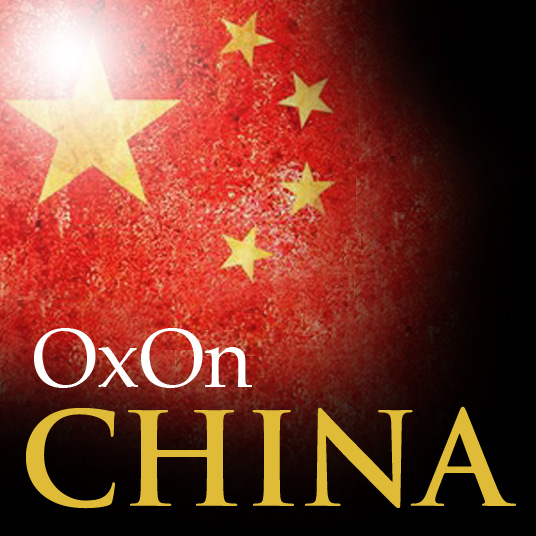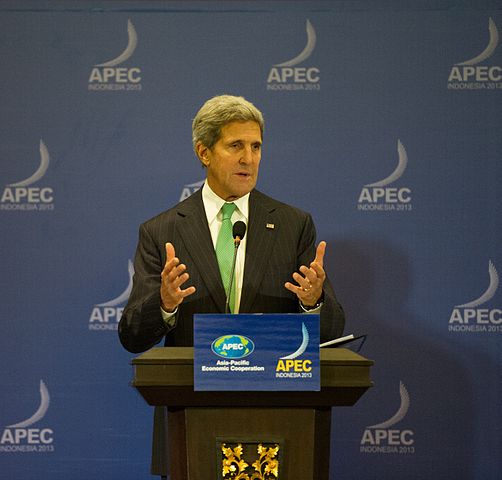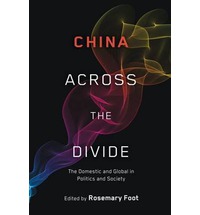A collaborative project between Politics in Spires and the Oxford China Centre, this blog provides academic analysis on the economic, political and cultural transformations taking place in China.
One of the most important trends in global politics is China’s evolution from poverty to becoming a global force. The world’s second largest economy, largest exporter and a crucial geopolitical player, China’s rise is often described in baffling numbers. Growth has remained at double-digit levels for the better part of three decades. More than a thousand new cars drive onto the roads of Beijing every day. The town of Shengzhou, about the size of Leeds, makes three quarters of the entire world’s neckties.
But not all the numbers are encouraging. Mass riots break out somewhere in the country every three minutes, on average. China executes more people than the rest of the world combined. Air pollution in Beijing routinely hits levels ten times higher than WHO-advised standards. In recent years, even the Chinese government has admitted that lack of transparency is a real issue that hinders governance. For the United States and Europe, meanwhile, relations with China have become increasingly fraught.
Like the numbers, opinions vary about China’s impact. But we believe the China debate should move on from the emotive and even apocalyptic terms in which it is often expressed. We often hear that China will either collapse or conquer the world. Others argue that its state-owned enterprises will plunder the entire Western economy, or rather, are inefficient dinosaurs that must implode. China is either the greatest success story in lifting its population from abject poverty, or simply an authoritarian regime. We need more in-depth, nuanced understandings of China.
Over the last decade, the study of contemporary China at the University of Oxford has grown significantly, with a fast-growing community of faculty and students researching topics as divergent as human geography, international relations, the military, media, law, investment, innovation and economic policy. In the spring of next year, a new University-wide China Centre, the biggest in Europe, will open its doors in a brand new building. This will draw on unrivalled knowledge and resources to provide an open, independent and sharpened focus on contemporary China, informed by a deep engagement with China’s history, culture, language and society.
This blog series, edited by two Oxford academics, Professor Rana Mitter and Dr Rogier Creemers, aims to cast an objective and innovative eye on developments within China. Individual articles will be mostly written by Oxford’s China researchers on the basis of their research projects and the particular perspective that the China Centre offers. The Centre’s location in the United Kingdom and Europe enables it to look through the lens of the “informed observer”, and provides a perspective somewhat different from the range of voices in the debate elsewhere. The series is intended to contribute to the public debate. As such, reactions and discussions are welcomed.
Click here to contact the editorial team.







No Comment